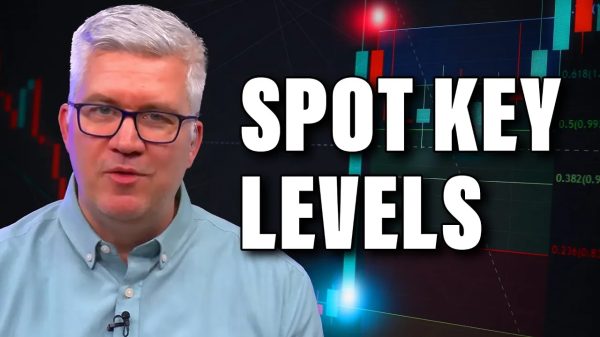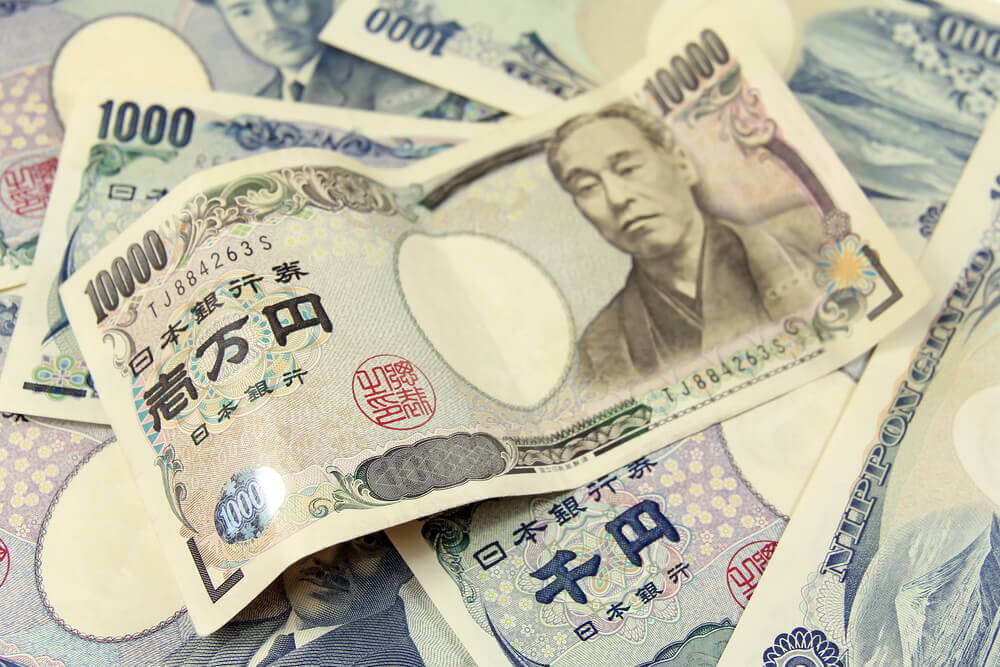The Yen Coin: Waiting for its Comeback
The world of currency markets has always been a place of speculation and intrigue. Among the many currencies that capture the imagination of traders and investors, the yen coin has a unique place in the financial landscape. However, recent trends suggest that the Yen’s resurgence might be a longer waiting game than expected. Investors are cautiously stepping back, doubting that a significant yen rally is imminent despite the possibility of a policy shift in Japan. We will explore the factors influencing Yen’s performance and the current state of the yen-to-dollar and yen-to-GBP markets.
The Fading Dream: Yen as a Safe Bet
Once upon a time, the Japanese Yen was seen as the cleanest bet against the US dollar. The prevailing idea was that the Yen would surge as Japan raised interest rates while the Federal Reserve cut theirs. However, this narrative has lost its lustre as the dollar’s relentless strength has overshadowed the Yen’s appeal. This situation has led to an uneasy calm in the spot and options markets for the dollar/yen as traders grow impatient, waiting for the Yen to bounce back.
The widening gap between US and Japanese interest rates has significantly weakened the Yen, resulting in a 13% depreciation against the dollar this year. It currently hovers around 150 yen per dollar, nearing the three-decade low of 151.94, which prompted government intervention a year ago.
Yen’s Weakening Value
The real effective exchange rate index for the Yen hit a value of 72.4 in September, the lowest since records began in 1994 and even lower than the Bank of Japan’s retrospective projections dating back to 1970. Despite the Bank of Japan taking steps towards policy normalisation in July and relaxing limits on bond yields, the Yen continued to depreciate, casting doubts on the prospects of a sustainable rally driven by higher Japanese interest rates.
Options Pricing Reflects Uncertainty
Options pricing tells a story of a market that is unprepared for, or perhaps unwilling to bet on, a dramatic yen rebound in the near future. One-week implied volatility has surged ahead of an upcoming central bank meeting on October 31. However, at most other tenors, it reached 18-month lows in October. Skew, which measures directional bets, indicates a steady decline in the popularity of dollar/yen puts over the year.
Market participants have altered their expectations, no longer believing that Japan will be the key driver for the Yen this year. According to Chief Currency Strategist at Mizuho Securities in Tokyo, “Even if the BOJ moves, it’s so powerless compared to the fluctuation of US yields. Dollar/yen is a function of the US-Japan yield gap, which, in turn, is a function of the US economy.”
Challenges in an Unmoving Yen
The Yen has remained relatively stagnant, even in the face of global events such as the conflict in the Middle East, which boosted other safe-haven assets like gold and the Swiss franc. Speculation that the Bank of Japan will raise interest rates has increased, and ten-year government bond yields are approaching the 1% limit of policymakers’ tolerance. Some economists expect a policy shift to occur as early as the next week’s meeting.
However, these factors have only managed to prevent further depreciation of the Yen rather than sparking the anticipated rally that investors were eagerly awaiting at the beginning of 2023.
Changing Sentiment Towards the Yen
Shafali Sachdev, Head of Investment Services for Asia at BNP Paribas Wealth Management, noted the shift in sentiment, saying, “Yen was very much the main thing that people wanted to talk about several months ago. It has become a bit less urgent, or a lot less urgent of late.” Interest in ‘carry trades,’ which involve borrowing Yen to sell for higher-interest-paying currencies, is waning. Meanwhile, investors are increasingly interested in holding yen assets for the long term.
Betting on Yen Stability
Citigroup has recommended betting on the Yen remaining stable for an even longer period. Their advice includes buying calls that bet on minimal change or a slight yen depreciation to 153 or 155 to the dollar. This strategy can yield profits or at least cover costs if the Yen remains flat.
The Yen’s comeback might indeed be a longer waiting game than many had anticipated. While it was once viewed as a safe haven and a strong contender against the US dollar, the Yen’s appeal has dwindled due to a stubbornly strong dollar and the widening gap in interest rates between the US and Japan. As we wait for the Yen’s revival, investors and traders will need to adapt to the changing landscape of currency markets and adjust their strategies accordingly.
The post The Yen Coin: Waiting for its Comeback appeared first on FinanceBrokerage.























